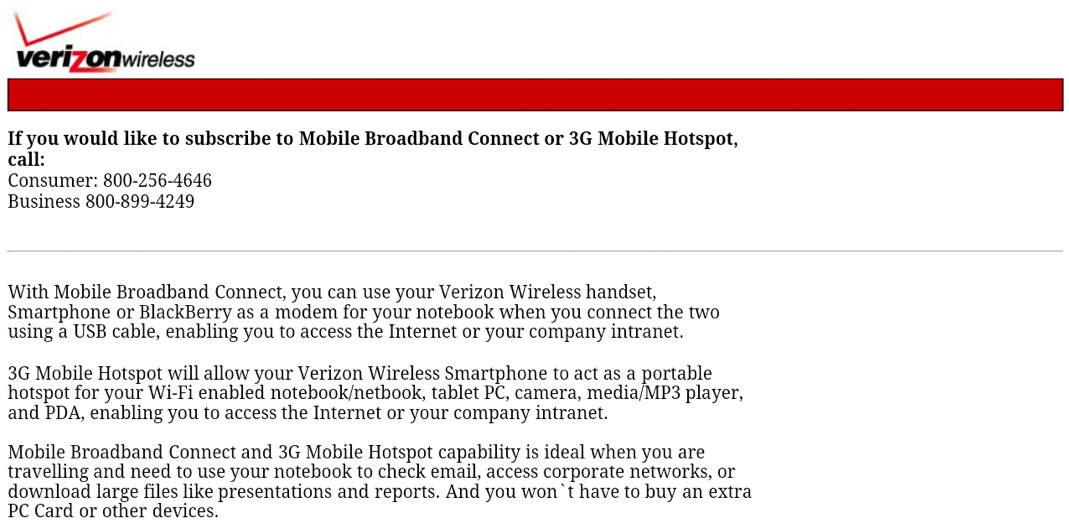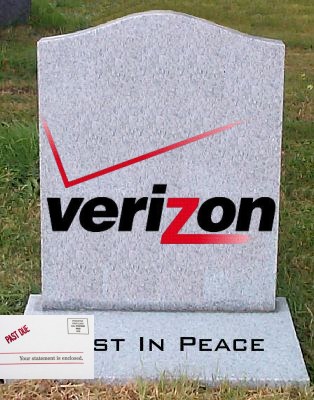AT&T has been mailing letters to customers caught tethering without the benefit of an add-on plan that if they don’t stop, they will be automatically enrolled in a $45 tethering-data plan this Saturday. But Stop the Cap! has learned some tethering customers have already been scheduled for enrollment in the pricey plan, even though they abandoned the use of the tethering application that got their account flagged.
The warning letter, dated May 31st, gave Stop the Cap! reader “K” less than 10 days to notify AT&T they are not authorized to make any plan changes without our reader’s explicit consent. When “K” called AT&T, the company explained the account had been flagged for the ‘tethering violation’ and was scheduled to be enrolled in the $45 DataPro 4GB for Smartphone Tethering data plan this Saturday.
“K” is not the only reader discovering AT&T has plans to change their account this weekend, resulting in dramatically higher bills.
Kai from San Francisco noted he started receiving text warning messages about tethering starting last month, discontinued use of the app that allowed him to avoid paying AT&T’s tethering prices, and still received AT&T’s letter and further text message warnings anyway. He says it is a good thing he called AT&T.
“I didn’t believe AT&T’s claim that I would not be auto-enrolled in this tether plan if I stopped the tethering, especially after receiving their letter,” Kai writes. “Sure enough, AT&T had already scheduled my enrollment, which I was able to stop by calling them.”
AT&T is quoting some callers portions of their terms and conditions:
We may change any terms, conditions, rates, fees, expenses, or charges regarding your Services at any time. We will provide you with notice of material changes (other than changes to governmental fees, proportional charges for governmental mandates, roaming rates or administrative charges) either in your monthly bill or separately. You understand and agree that State and Federal Universal Service Fees and other governmentally imposed fees, whether or not assessed directly upon you, may be increased based upon the government’s or our calculations.
IF WE INCREASE THE PRICE OF ANY OF THE SERVICES TO WHICH YOU SUBSCRIBE, BEYOND THE LIMITS SET FORTH IN YOUR CUSTOMER SERVICE SUMMARY, OR IF WE MATERIALLY DECREASE THE GEOGRAPHICAL AREA IN WHICH YOUR AIRTIME RATE APPLIES (OTHER THAN A TEMPORARY DECREASE FOR REPAIRS OR MAINTENANCE), WE’LL DISCLOSE THE CHANGE AT LEAST ONE BILLING CYCLE IN ADVANCE (EITHER THROUGH A NOTICE WITH YOUR BILL, A TEXT MESSAGE TO YOUR DEVICE, OR OTHERWISE), AND YOU MAY TERMINATE THIS AGREEMENT WITHOUT PAYING AN EARLY TERMINATION FEE OR RETURNING OR PAYING FOR ANY PROMOTIONAL ITEMS, PROVIDED YOUR NOTICE OF TERMINATION IS DELIVERED TO US WITHIN THIRTY (30) DAYS AFTER THE FIRST BILL REFLECTING THE CHANGE.
If you lose your eligibility for a particular rate plan, we may change your rate plan to one for which you qualify.
The company has also told some callers complaining about the tethering crackdown that use of third party applications to tether without payment to AT&T already represents a breach of the customer agreement, so waiving an early termination fee may not be an option.
Stop the Cap! recommends consumers who have received text warning messages from AT&T about unauthorized tethering call AT&T and explicitly opt out of any data plan changes scheduled by the company. This is particularly important for customers grandfathered in AT&T’s unlimited smartphone data plan, because once forfeited (even by AT&T’s own actions), the company has declared you cannot get it back.
See the entire letter from AT&T below the jump.


 Subscribe
Subscribe








